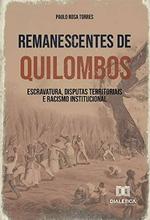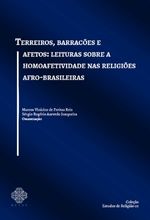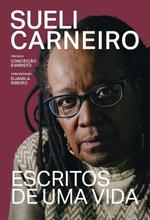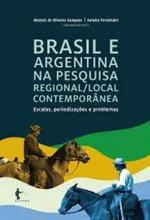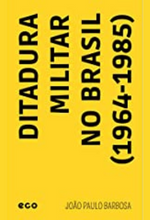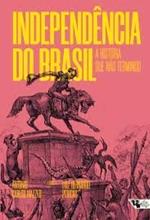Combating Racism – A Review by Simone Rodrigues de Carvalho Silva (SEMEPD/Uneb) on the book “Writings of a Life” by Sueli Carneiro.
Abstract: Simone Rodrigues de Carvalho Silva (SEMEPD/Uneb) reviews the book “Escritos de Uma Vida” by Sueli Carneiro. The work deals with themes such as gender, race, female power, and racial discrimination in Brazil. The author explores the role of black women in Brazilian society, addressing issues related to the worship of orixás, social ascent, multiculturalism, and ideology. In addition, the book discusses the relationship between racism, religion, and crime, as well as the importance of racial quotas in Brazilian universities. Throughout the work, the author presents analyses and reflections on the struggle of black women for equality and social justice.
Keywords: Racism, Black Women, Autobiography.





